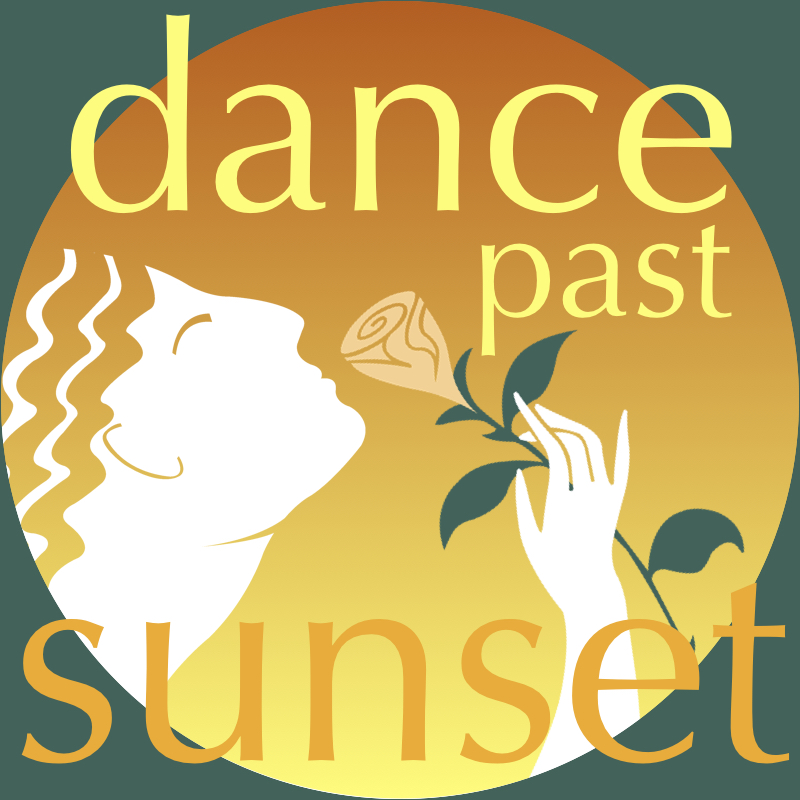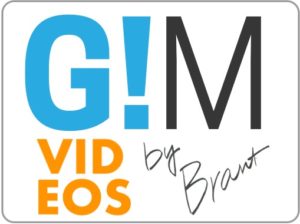Barbara Karnes is a wise and compassionate Registered Nurse who has been present for hundreds of deaths. Today she writes and teaches families in non-medical language for families how to experience the death of a loved one, because with knowledge comes understanding, and understanding reduces fear.
This is part one of my two part interview with Barbara. Use the player below to listen to the interview, or go here for more details on the show.
New from Brant Huddleston
Share the Love!
Your quick review on iTunes would help me a lot. It’s as easy as ABC! Just…
A) Look for the gold “Review Brant’s Show on iTunes” button below. Click there.
B) Then (in iTunes) click on “View in iTunes.” It’s the blue button under the iTunes logo. That will open iTunes. Finally;
C) Look for the “Ratings and Reviews” tab. Click there and work your magic!
Presto and grazie!

Dance Podcasts You Might Like
I Am a Racist
Travel is fatal to prejudice, bigotry, and narrow-mindedness, and many of our people need it sorely on these accounts. Broad, wholesome, charitable views of men and things cannot be acquired by vegetating in one little corner of the earth all one's lifetime.
Mark Twain
I often hear nowadays, people being accused.
“He’s a racist.”
“She’s a racist.”
“Trump’s a racist.”
“So and so’s a racist.”
What I have yet to hear is: “I am a racist.”
So let me be the first.
I am a racist.
Yes.
I see the ugly thing, creeping around my soul like a roach in the kitchen. I squash it, but sometime later, there it is again.
I know there is a nest somewhere, eggs hatching, a source deep within me, hidden away where it’s easy to deny. There is where I'll find the library of my false beliefs, the lies I tell myself over and over, so often they become grooves cut into my gray matter, like fissures in rock where the water runs down, cutting deeper and deeper, until fissures become swales, and swales become canyons.
When did the first racist raindrop fall? I don’t know. As a child, for sure. How many drops of poison does it take to pollute the vessel of pure water of which we are born? When, exactly, does a person become a racist, and who gets to decide?
I don’t know, but then, neither does anyone else.
I don’t believe in permanence. That’s one thing the Buddhists have taught me.
Everything changes.
We can become aware of that library of false beliefs, that nest of nasties that colors our perception of things, often for the worse. Awareness alone brings change. We can cut new grooves. My challenge as a human being is not to deny that I am a racist, for that would be as foolish as denying I have cancer when I really do. My challenge is, rather, to stop the cancer from metastasizing and poisoning the whole man.
I doubt I will ever fully eradicate my racism. Unfortunately, I suspect some vestige of it will always be with me. But what I can do, and what I do do, is expose myself to experiences that lessen my racism, those being travel, kind and honest conversation, and breaking bread with “the others” whenever I can. These experiences, like wind and rain, smooth rock and, over time, lay low even the highest mountains.
So when I hear the angry crowd shouting, "He’s a racist,” I want to ask:
“Who among you is not a racist? Stand up then and take a bow...for you are surely a god.”
I moved to Substack!
Hi there. If you've read this far, then you enjoy, or are at least intrigued by, my ideas. If you want to learn more, jump over to my new website on Substack, where I continue to write about travel, the second half of life, and other mad musings.
Show Overview
While at the bedside of hundreds of people during the dying process, my guest Barbara Karnes, a Registered Nurse, noticed that each death was following a near identical script. Each person was going through the stages of death in almost the same manner. And most families had the same questions. These realizations led Barbara to sit down and write the “Little Blue Book” — a book that changed an industry. Written in non-medical language for families, her booklet changed the way we experience the death of a loved one, because with knowledge comes understanding, and understanding reduces fear.
Barbara’s most recent project is a 25 minute film called “New Rules for End of Life Care,” in which she compassionately explains the stages of the dying process, talks about behavior changes as they pertain to food, sleep, and withdrawal, and addresses issues relating to the use of narcotics, addiction, and overdosing. The film is racking up more awards than I can list, and when you listen to Barbara speak, you’ll know why. Hers is the voice of wisdom, grace, experience, and kindness.
Please join me for part one of my two part interview with internationally respected speaker, educator, author, thought leader, and now, award winning film producer, Barbara Karnes.
What you will learn:
- Barbara’s new book
- How reducing fear helps patients better manage their own condition
- The process of dying from disease over time
- How the physician’s stumbling block can become yours
- The social and medical impact of losing the dying at home tradition
- The ethics of choosing death
- When to let Grandma go
- Why the medical profession is crippled when it comes to allowing a more natural death
- How the gerbil wheel is killing you
- The signs that someone is dying
- What really causes pain
- Why you will naturally fight death and how to prepare
- Things you can do to help a loved one when they are dying
You can learn more about Barbara’s work at her website bkbooks.com
###


